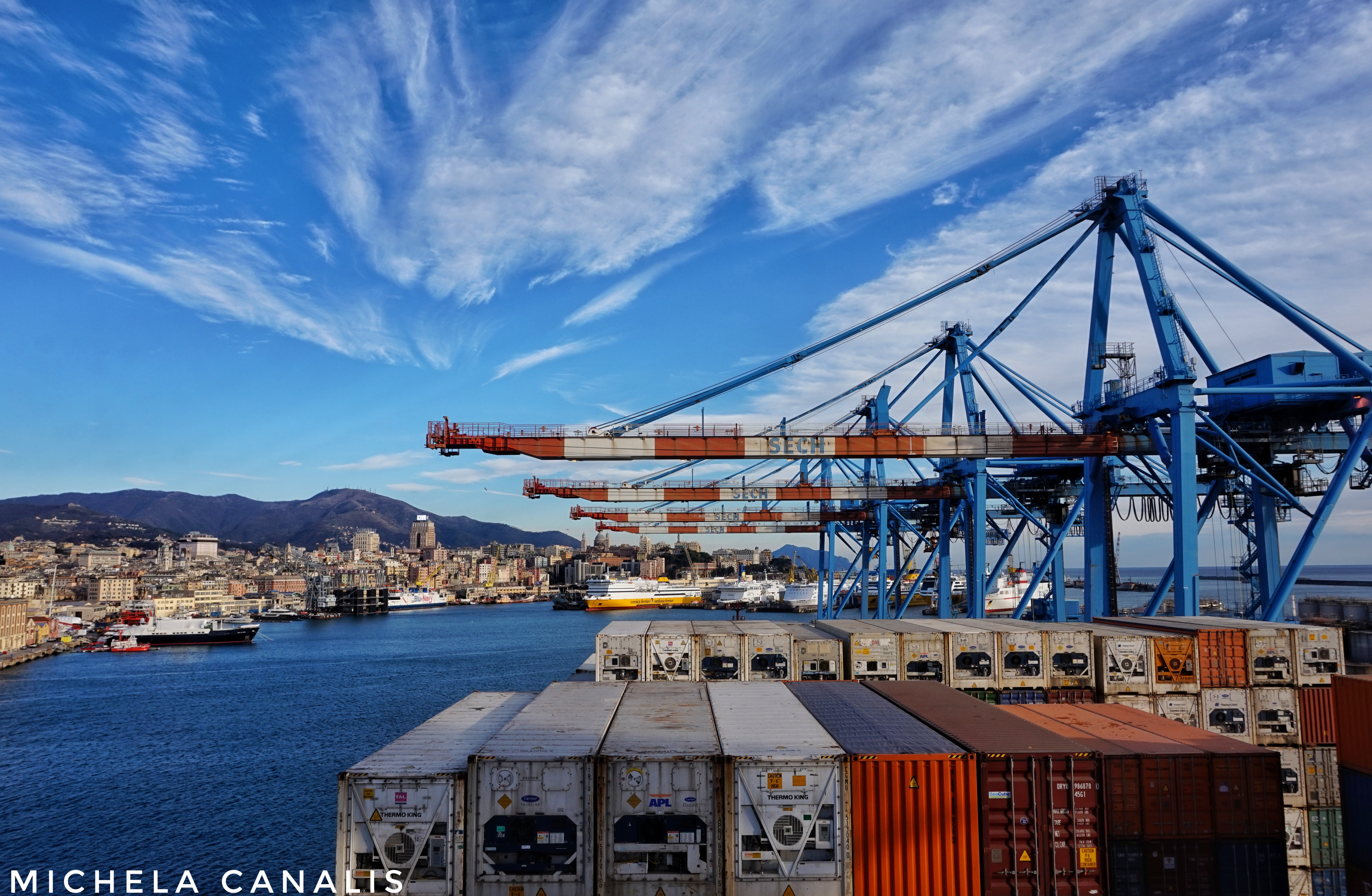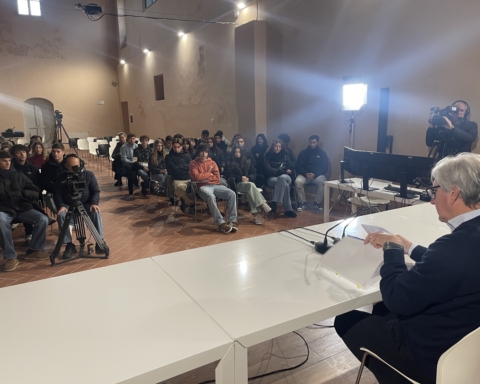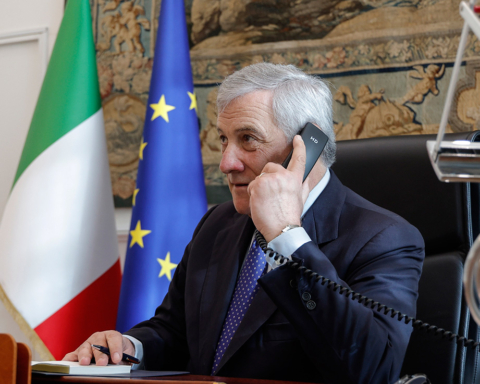“You don’t need unnecessary red tape, and you don’t need organic reforms to remove an anachronistic constraint. The ban on double concessions in ports, as it stands, hinders development and investments”.
Confetra’s DG, Ivano Russo, gets to the heart of the Psa-Sech story. He does so criticizing the position assumed recently by the Government and, in particular, by the Undersecretary for Transport, Roberto Traversi, who yesterday – on the fringe of the meeting with the senior management of Genoa port’s two main terminals – declared that he didn’t want to take action on the matter with a single amendment but with “a more complete, organic proposal”.
For Russo the discussion should “first of all be de-provincialized, even though I realize that this is difficult to do in Italy. The Port Network Authority will decide on the Psa-Sech issue, as required by Law, also on the basis of the results of the Golden Power audit by Palazzo Chigi and any other observations deemed appropriate by the Antitrust Authority”.
Then there is a more general issue worth addressing: “I am not in favor of undisciplined deregulation. However, ports are the borderlines with the rest of the world. They interface daily with shipowners and market giants, and therefore need dynamism and flexibility, not a constraint which was self-imposed over 25 years ago when the competition in Italy was purely domestic”.
The Confederation’s Director General is clear on this point: “The companies that have filed an appeal in Genoa are entitled to have an answer from the Regulator within a reasonable time-frame. A few weeks, at most a few months. It took the Delrio Ministry two years to update the 84/94Law. I don’t think that PSA and Sech can afford to wait for a new reform to get a response to their appeal.” “.
No terminal operator can afford to wait that long: “In recent years, paragraph 7 of Article 18 has been systematically bypassed through interpretations that have allowed some terminal operators to operate the same types of traffic volumes on two or more quays within the same port. There are about ten such cases, confirming that the rule is substantially outdated by facts and market dynamics”.
This legislative constraint, in short, is no longer relevant: “I think it is a pointless self-castration, so rigid and univocally valid from Augusta to Trieste. After all, there is always talk of “European models of reference”, but such a provision does not exist in any other EU Member State, where there are one or maximum two main commercial ports. Just think of Germany, Holland, Belgium, France”.
According to Mr Russo “We need to entrust the Port Network Authorities with the power to assess the situation case-by-case on the basis of the economic and development interests of both the port in question and the local area around it”.
From this point of view, Confetra’s DG believes it is more useful to reason in terms of clauses to safeguard competition, to be applied in ports where there are few infrastructures but a lot of market demand: “For the other cases – he says – the constraints are an absurdity: think of Taranto, which, since Evergreen left, has risked disappearing off the Italian port industry map . Well, if today we were still in that situation and if a terminal operator arrived and wanted to operate the same traffic in more than one area, thus saving a port in crisis, do you think it would be useful to tell him that Italian law forbids him from having more than one concession for the same type of traffic? I don’t think so”.
The truth is that “public maritime domain does not have the same value everywhere. Port development policies differ from port to port. The relationship between shipping lines, terminal operators and inland logistics operators must also be assessed on a case-by-case basis. This is why I am convinced that Port Network Authorities should have more freedom in defining specific strategies for the different port systems”.
In short, we need to be flexible. “If we had a Concessions Regulation we would give Port Network Authorities a solid, common, transparent procedural pathway to move along. The underlying theme, however, does not change: the choices of a port’s industrial and commercial set up has to depend on the Governance of that port, within a framework of a coherent national design”.
For Russo it is a matter of being business-oriented and giving due weight to strategies, target markets to be tackled, concessionaire business plans, and also safeguarding an undisputable principle like non-discrimination on the use of infrastructure. “It is always a question of “who” manages but never of “how”. This too is a distortion typical of those who approach such issues. Instead, we should think in terms of the development and competitiveness of industrial logistics systems”.
Translation by Giles Foster




